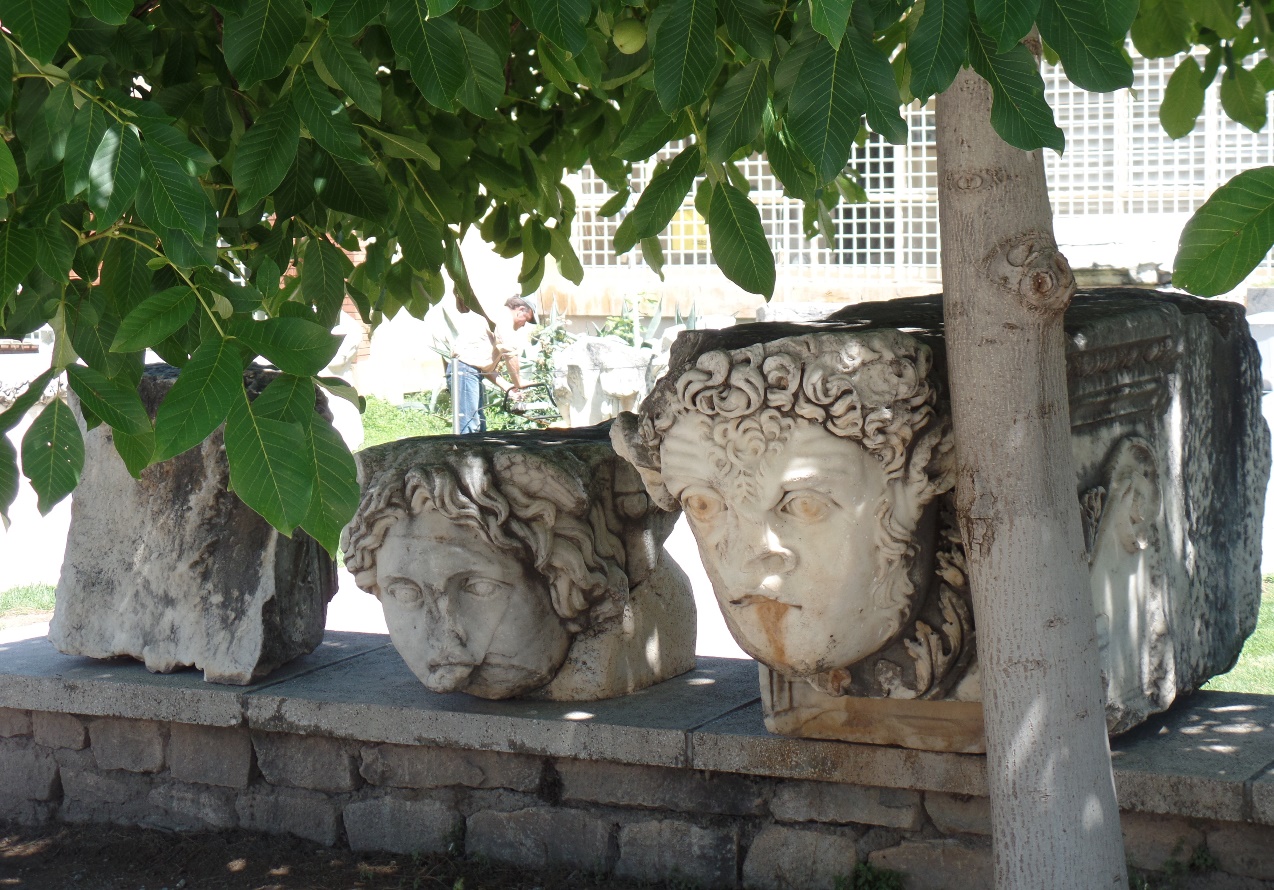
17 Mar What makes a good trauma therapist?
Monday I got an email from someone I respect very much asking me for some referrals. One of his questions was, “What makes a good trauma therapist?”
Good, good, good question. An important one.
Here’s the list I came up with. I’m wondering what you think and if I’ve covered it all.
What would you add? What has your experience been as you’ve walked the path of healing?
- The most basic question is whether the therapist has the fundamental skills to deal with trauma. What kind of post-graduate training has the therapist had, especially in trauma treatment. And who did they train with? Is it all cognitive-behavioral or is the therapist versed in some of the body-oriented therapies? I don’t think it’s possible to heal trauma without knowing the body or knowing how someone’s internal world is disorganized so that it can be reorganized.
- We now know that trauma doesn’t resolve without reorganizing relational patterns of neglect, rejection, humiliation, shame, abandonment. Knowing that I’d also be curious about whether the therapist understands the underlying attachment and intersubjective issues that complicate trauma processing.
- Does the therapist listen — not just to the story you tell but to the multiple layers of the communication. As the therapist listens do you feel heard and understood?
- Is there a connection, a resonance between you? Or do you feel like a “patient” – someone who has problems and that the therapist has never had a personal problem, or encountered anything like this? Personally, I prefer the “wounded healer” therapist – someone who has walked in similar kinds of shoes, encountering issues like I have.
- Is there a foundation for respect between therapist and person seeking support?
- Do you get the sense that the therapist can help you? Does the therapist have the training to do so?
- Healing trauma and attachment wounding is a long and windy road. Do you get the sense that the therapist has the internal steadiness and solidity to stay in it with you as you explore what one of my favorite theorists, Daniel Stern, calls the “sloppy” path of therapy?
- And perhaps more than anything, does the therapist impart a sense of hope that you can find the healing that you want? Are they confident that there is a way through? Can they communicate the markers on the healing journey so you don’t feel like you’re flailing aimlessly? Richard Schwartz, the founder of the Internal Family Systems model says he’s a “hope merchant” selling people on the possibility of change/transformation. I’m all for that as well.
I’m really curious what you think? How has your experience with therapists been? In the inquiry above have I covered what works? Is there more you would add? What am I missing? Leave a comment below — let’s think this out so we can help others on the path who are just finding their way.

